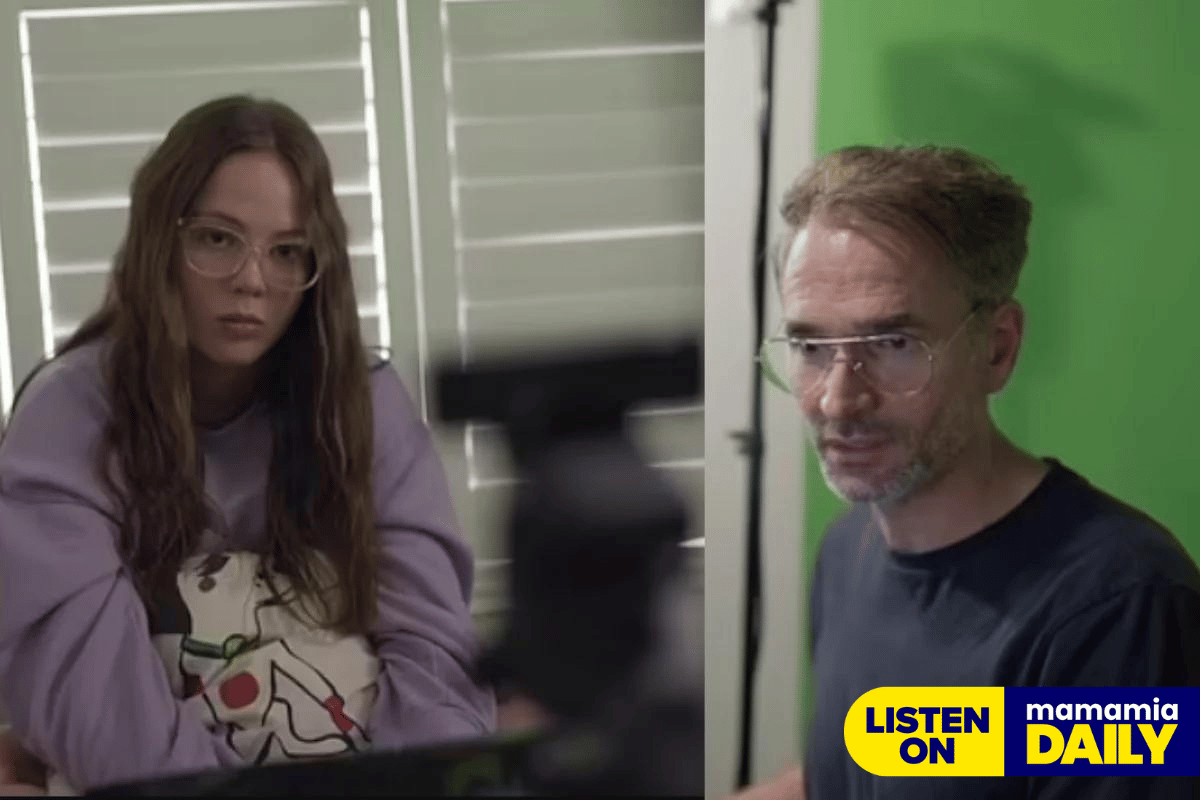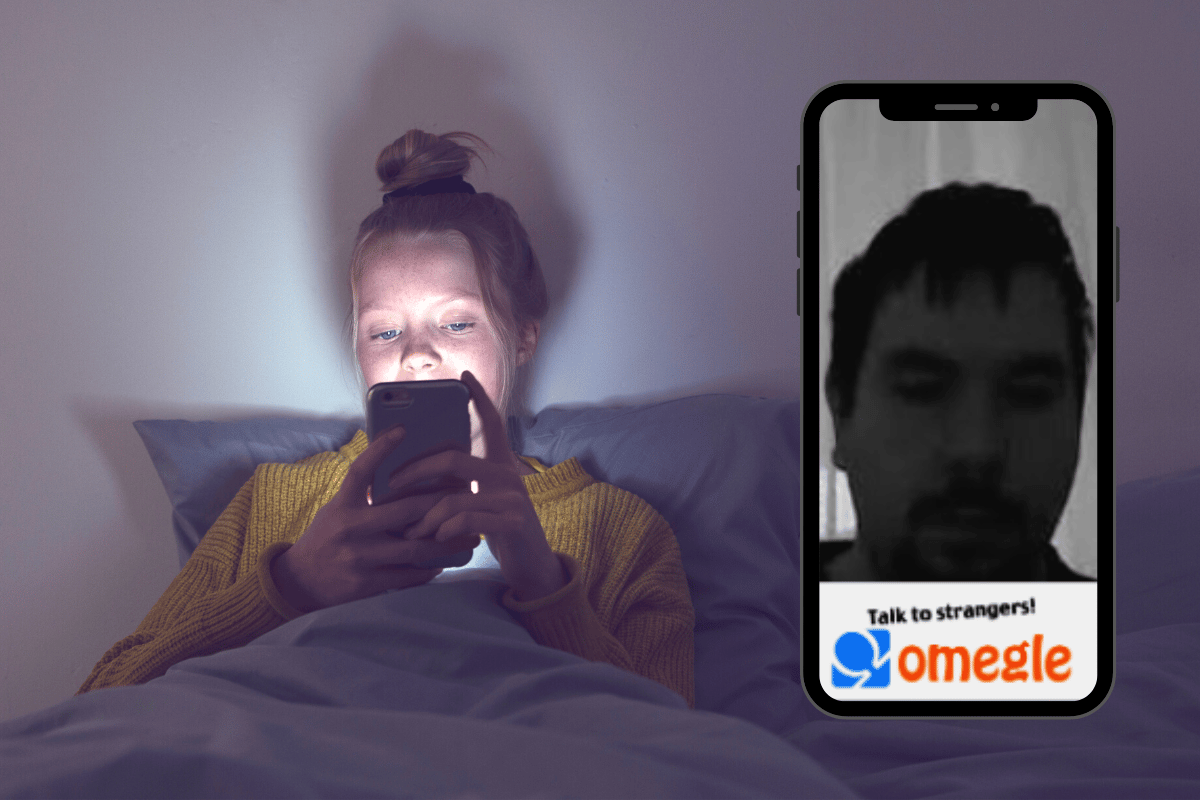
Listen to this story being read by Katie Stow, here.
Most Gen Z'ers will know what Omegle is. They may think about it as harmless humour. A bit weird. Or super creepy and concerning. And it's the latter viewpoint that is the most accurate. And that's what has parents concerned.
Omegle markets itself as a free platform where you can "meet great new friends" on the internet. It's a website where users can either message or video chat with a complete stranger, with users randomly paired with another person online to communicate one-on-one.
It pulls in millions and millions of users across the globe each week.
I can remember as a young teen going on Omegle with my group of friends, waiting in anticipation to see who we would be matched with. More often than not it was a middle aged adult man. Occasionally you would come across someone masturbating on the other end, squealing with your group of friends and moving onto the next chatroom. I would have been 13.
Looking back on those experiences with adult hindsight, it's pretty terrifying to think those men had access to young kids so easily.
The chatrooms are completely anonymous, meaning if something on the video chat occurs which is non-consensual, there's not a whole lot you can do to properly report it. Fortunately though, the anonymous setting does somewhat protect young people who use the platform from predators lurking in the dark corners of it. But the bar is low for Omegle.
Although the terms and conditions of Omegle require the users to be 18 and older, it's fair to say that it's incredibly easy to bypass - only a click of a box away.


Top Comments